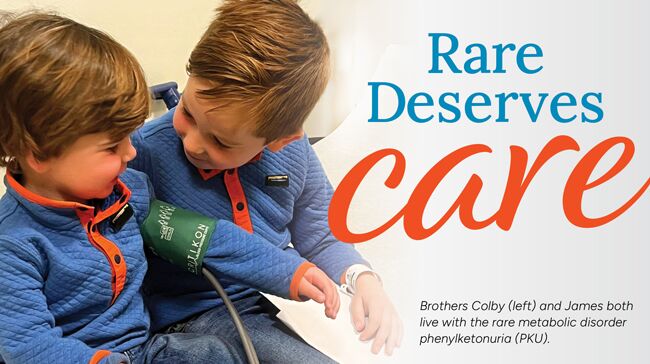American Association for Continuity of Care
About American Association for Continuity of Care
The American Association for Continuity of Care (AACC) is a national non-profit multidisciplinary professional organization dedicated to providing leadership and supporting excellence in practice among those involved in continuity of care within the health care system through education and patient focused advocacy. AACC�s stated purposes include promoting and supporting the concept that continuity of care is an essential component of the health care delivery system; the concept that every patient has the right to quality, coordinated discharge planning, which is an integral part of total patient care; and the philosophy that continuity of care is a holistic health approach that is centered on the patient and family. Established in 1982 by a group of multidisciplinary health care professionals from around the United States, AACC currently consists of approximately 400 members and 20 chapters. The Association provides a national voice for health professionals concerned about continuity of care by drafting legislation, reviewing and commenting on the “Nursing�s Social Policy Statement” from the American Nurses Association, participating on a variety of task forces, and holding a seat on JCAHO�s Professional and Technical Advisory Committee for Home Care. AACC�s Board of Directors serve as members of the National Board for Certification in Continuity of Care providing certification in Advanced Competency in Continuity of Care (A-CCC). The Association also maintains liaisons with a number of professional associations, institutes, coalitions, and national health associations; co-sponsors seminars with other professional associations on issues of interest such as patient advocacy and managed care; presents annual conferences; and provides a variety of materials including an annual membership handbook that contains AACC�s membership directory; task force reports; standards for Hospital Continuity of Care; Code of Ethics; abstracts from AACC�s annual conferences; and AACC�s quarterly newsletter entitled “ACCESS.”



